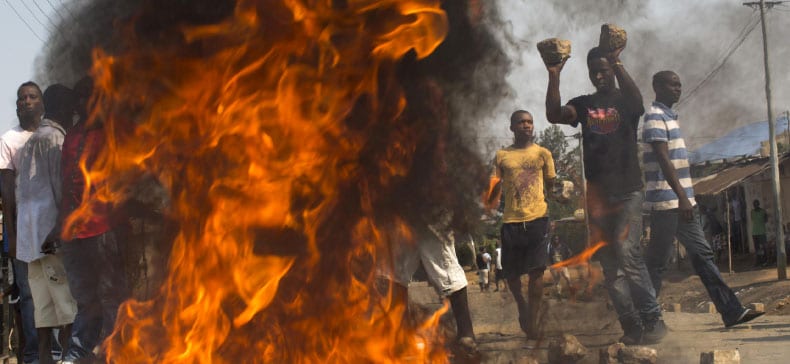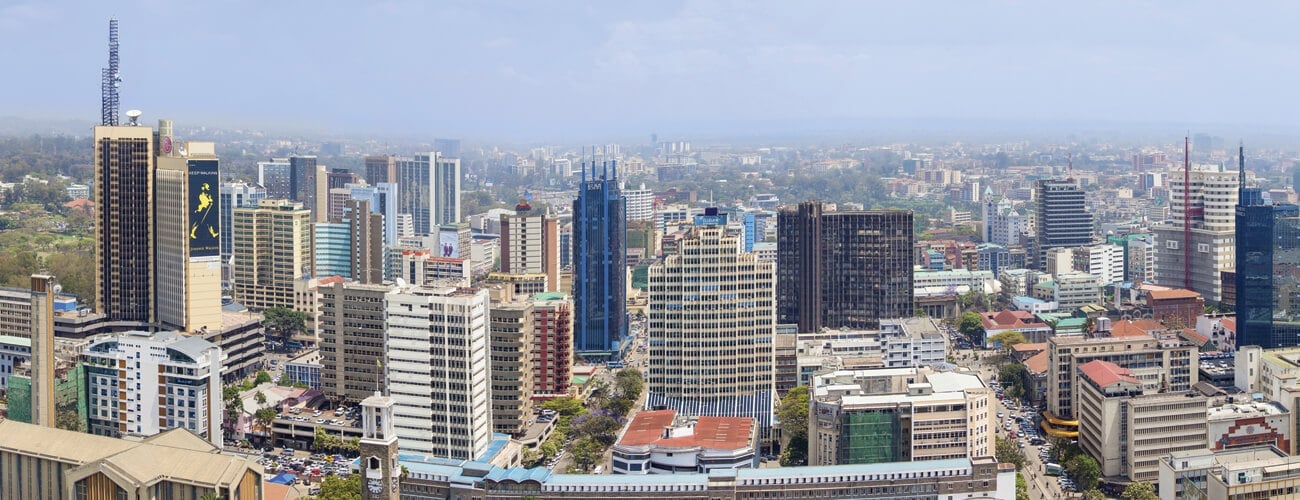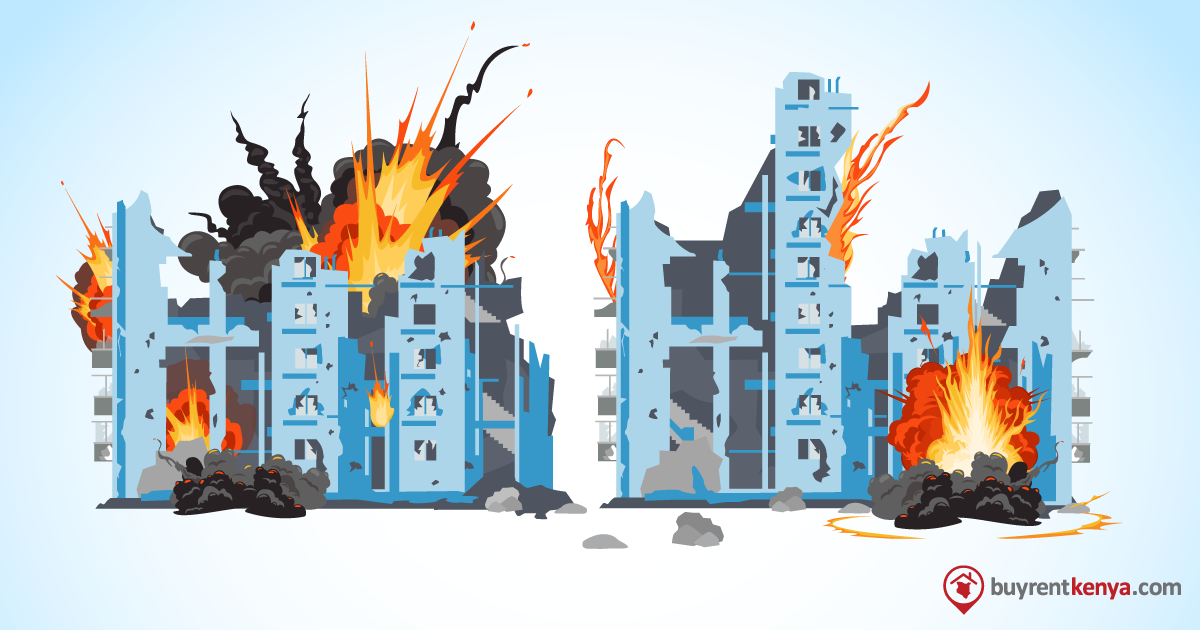Since the fall of the Soviet Union and Berlin wall, political risk globally has been on a decline. However, this state of decline is likely to be reversed due rising fundamentalism (which is fanning terrorism around the world), growing nationalism in developed countries and agitation for greater political and economic freedoms in developing ones.
Political risk refers to the likelihood that the actual outcome from an investment will vary from the expected due to political changes in a country. It is concerned with government policy, leadership and stability, conflicts, possibility of a coup, tension and war, political parties and bureaucracy.
Kenya a developing country is not immune to political risk. Therefore real estate investors need to take a keen interest in political activities, pronouncements, formations and alignments and put in place mitigating measures.
READ ALSO: Pros and Cons of Investing in Real Estate in Kenya
In this article, we will highlight measures of political risk and propose mitigation measures.

Political risk is measured against a continuum of indicators. From the various indicators on the continuum, cost of living, size of the economy and government policy and legal framework rank highly. The cost of living as measured by purchasing power is greatly influenced by income and employment.
Employment is a major source of income. As incomes increases, purchasing power also increases and pressure for political change decreases.
Kenya is an economic giant in East Africa. It is among the top 10 largest economies in Africa. Large and growing economies are characterized by sound monetary policies, low inflation and low unemployment rates. As an economy expands, the level of political risk declines. Large economies are therefore less risky.

Government policy and legal framework is critical as policies and actions by a government may lead to war, precipitate terrorism and civil disobedience and; create an environment for confiscation, expropriation and nationalization of assets.
READ ALSO: Understanding the National Housing Development Fund Kenya
The recent introduction of interest rates caps in Kenya which is a major finance policy and legal framework reversal falls under this category.
Political risk can be mitigated mainly by making short term investments and partnering with locals where joint ventures are contemplated. In the short term, the direction of the economy is much easier to forecast. In the same way, the effect of political change if it happens is more visible over a short horizon.
For instance following an election, within the first 100 days the composition of the cabinet and parliament will be known. Also key government positions will have been filled. Partnering with locals is recommended as a political risk mitigating measure for foreigners with interest in the local real estate market. While real estate is a global asset, in terms of market dynamics it is affected by local factors. Partnering with someone with deep local knowledge and networks help mitigate Political risk.
READ ALSO: 2022 Real Estate Trends and What to Anticipate in 2023
Kenya has been on a political reform path since the clamor for multi-partism in early 1990’s reaching its climax with the adoption of a new constitution. The reforms being undertaken have greatly contributed in reducing political risk. This is clearly reflected in the country’s default rating and countries risk premium rankings.
Moody’s rates Kenya at “B1”, Uganda at “B2”, South Africa at “Baa2” and the USA at “Aaa” with a with country risk of premium of 6.4%, 7.82%, 2.71% and 0.00% respectively. Kenya is therefore more risky South Africa and less risky than Uganda.
USA like most developed countries has no country risk premium. Kenya is however a growing democracy with developing social and economic institutions. Accordingly market cycles are heavily influenced by political activities and calendar. It is imperative therefore, that real estate investors develop and implement suitable political risk management frameworks for their investments.



